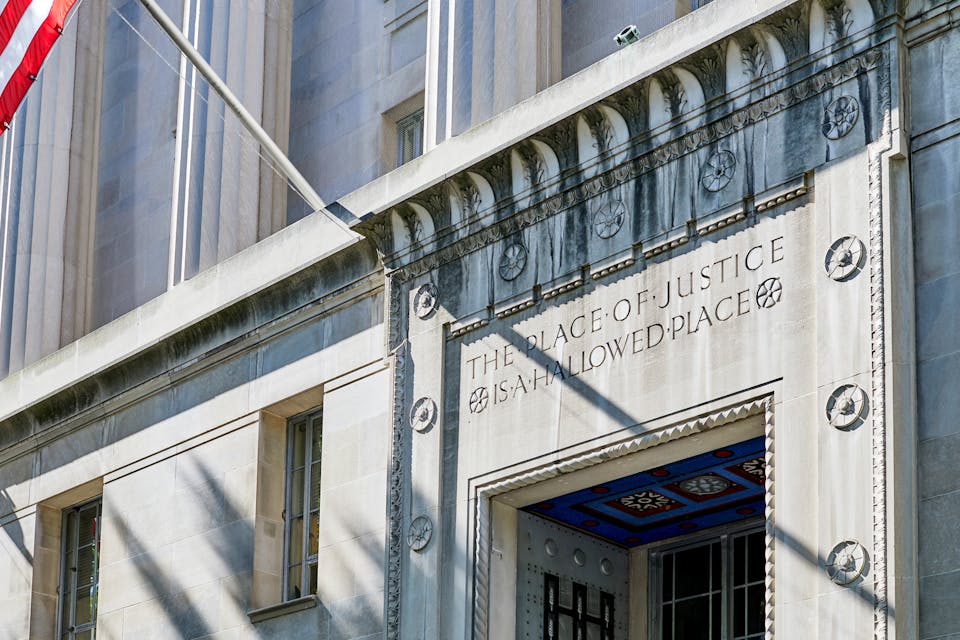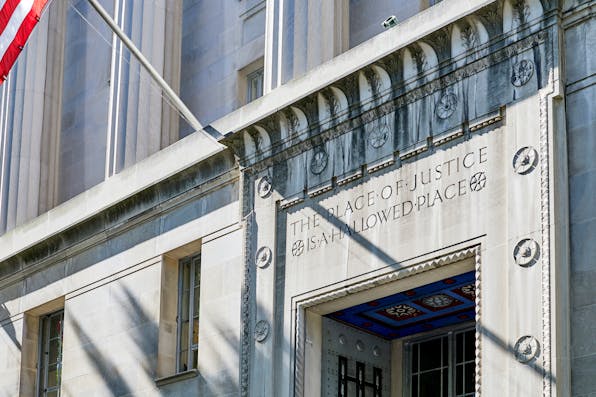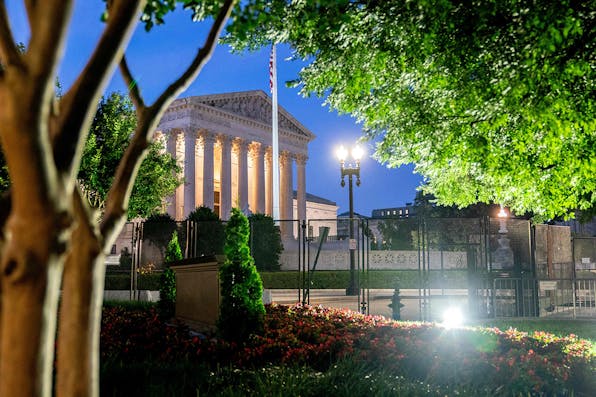
November 1, 2022
The Peril and Promise of Administrative Law for Religious Freedom
The growing administrative state can pose grave problems for religious liberty. Can it also provide solutions?
In “The Overseers of American Religion,” Adam White ably examines how, as policymaking has shifted away from elected legislators and toward less accountable regulators, the administrative state has emerged as a serious threat to religious liberty. Government agencies can sometimes be indifferent or even antagonistic toward religious concerns. As White explains, these agencies often operate within narrow areas of expertise and with a technocratic focus on quantifiable metrics—tools poorly suited to thinking about the values of religious pluralism, which, in his words, “cannot easily be incorporated into a spreadsheet’s sums.”
White is surely correct that the administrative state can pose grave problems for religious liberty. As I’ve written elsewhere, most of the recent religious-liberty conflicts at the Supreme Court have been administrative conflicts, caused by bureaucratic agencies rather than legislatures. And White quite properly notes that reining in the administrative state—both through judicial tools like the major-questions doctrine and through better administrative decision-making—holds the promise of helping to solve some of those conflicts.
But there are perils too. First, in the face of hot-button religious-liberty conflicts, judges might be tempted to use administrative law—the branch of American law that relates to the workings of federal agencies and the regulations they produce—as a way to avoid the thorniest questions. That might spare the court from a tough decision (at least until Congress speaks more clearly) but it also allows the underlying conflicts to fester. Failing to resolve these disputes directly can embroil religious parties in years of unnecessary litigation, and can keep the country—and the courts—from moving forward. To be sure, White does not suggest abandoning religious liberty law and only using administrative solutions. But courts must be careful not to fall into the trap of using administrative solutions to dodge hard religious-liberty questions that our pluralistic society needs answered.


